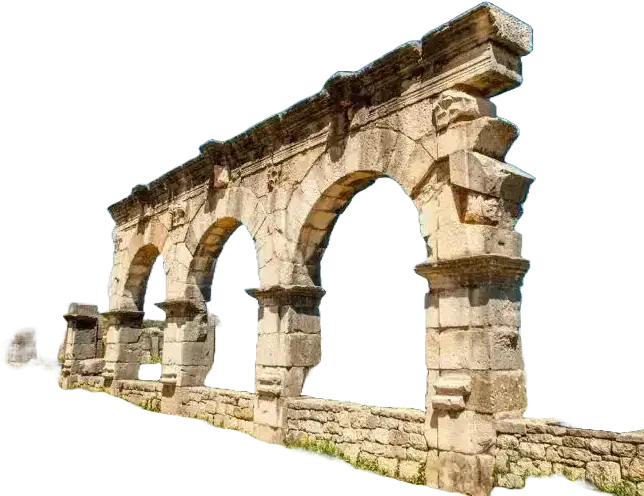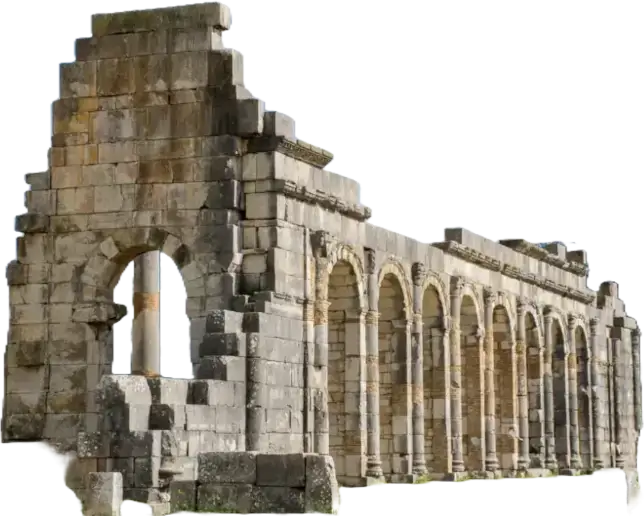Algeria was quiet over the holidays (with the exception of firecracker skirmishes this week celebrating the Prophet’s birthday), but the political scene may be getting more lively (or just the opposite) in the next couple of weeks. The last deadline for announcing presidential elections, which are anticipated for April, is Friday (or Saturday according to some sources). President Abdelaziz Bouteflika returned from yet another trip to Paris for medical reasons on 16 January just in time to allow him to authorize Algeria’s electoral body to launch the 90-day campaign season. Bouteflika’s Paris sojourn threw the electoral schedule into potential disarray and his return only marginally clarifies the situation. The political trajectory is still not that much more certain than it was in November and December.
Despite intense efforts to discern some change, the questions around the presidential elections, the candidates, and who is likely to win and with what implications are largely what they were one, two, or even three months ago. There have been incremental developments here and there, which given the paucity of information, are invested with more importance than they probably really have and rumors quickly become gospel. For example, there was the firing retirement resignation departure of the DRS heavyweight M’henna Djebbar who may or may not still be in power.
The latest wrinkle in Algeria’s electoral process has caused another round of speculation. Is Bouteflika competent? Was Bouteflika in Paris to get a round of intensive treatment that would propel him through the campaign period? Was it all a crafty political ploy, with Bouteflika deliberately retreating ahead of a critical decision in order to yet again lure out potential foes? Or was Bouteflika compelled by unseen hands to absent himself because those same hands have not yet decided on the electoral outcome, but he then subsequently rallied and rushed back to foil their plans?
Only fools make confident predictions about Algeria, but it does nonetheless look increasingly unlikely that Bouteflika will be able remain in office much longer, whether or not elections happen on time. Even though the Algerian electoral system favors incumbents and Bouteflika appears determined to hang on, were he to run again, he would still be obliged to campaign, but he seemingly no longer has the stamina to do so. Meanwhile, his prime minister, Abdelmalek Sellal, has continued the thinly veiled campaigning that he started last September. Other candidates have started to fill out the electoral field, which gives the appearance of a viable democratic process, but some of the candidates have the clandestine backing of different powerbrokers in Algiers precisely to convey the appearance that the Algerian electorate has a wide range of choices even though the powerbrokers’ backing falls short of ensuring that they actually win the election. So the machinations, jockeying, and thumb twiddling continue.
The consequences for the oil and gas sector are nothing new and something that energy companies have become accustomed to in the last several years – a skittish Sonatrach that freezes like a rabbit hoping the coyote won’t see it. But in this case the coyote keeps milling about and Sonatrach stays frozen. There are some fairly large EP&C projects that are moving ahead, but a bid round under the 2013 hydrocarbons law is out of the question until there is greater presidential clarity (despite recent comments from Minister of Energy and Mines Youcef Yousfi saying that a round will be announced in the next several weeks) and there is certainly no possibility of further changes to the hydrocarbons law that would make Algeria more attractive to IOCs. And for Algeria, the timing couldn’t be worse – while it stagnates, IOCs are evaluating new opportunities elsewhere in Africa (eg. Morocco and Tunisia as well as south of the Sahara) and also in the US (eg. North Dakota and shale gas), which means that when Algeria does start to court IOCs again, it is going to have to make more concessions than it previously would have if it wants to win them back.
I would be remiss not to acknowledge that today is the one year anniversary of the Tiguentourine attack. This has weighed heavily on my thoughts these last couple of days, as I am sure it has for some of you as well. I am amenable to sharing my views regarding the likelihood of further attacks on the Algerian upstream or elsewhere in North Africa, but putting aside political forecasting or commercial analysis, our friends and our colleagues who died a year ago today and in the following days deserve to be honored and remembered. There, but for the grace of God, go we…


